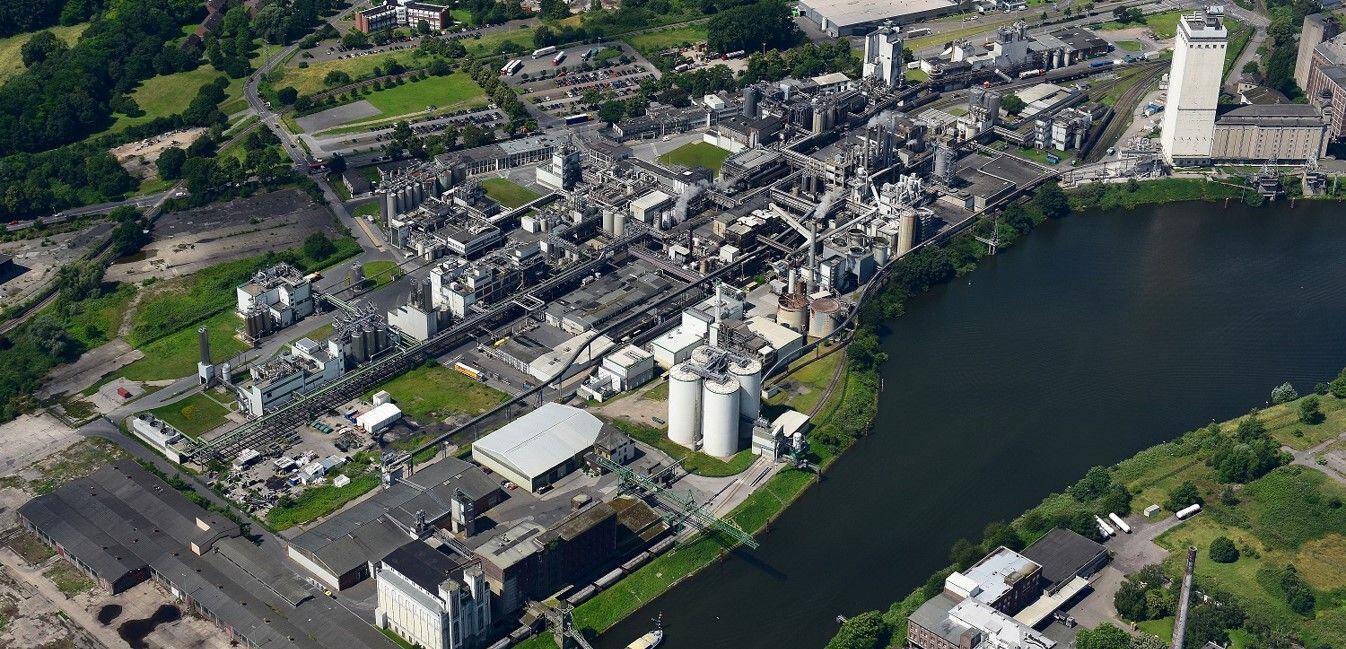The plant, located in Krefeld in Germany’s industrial hub of North-Rhine Westfalia, currently manufactures corn-based starch and sweeteners.
The switch to wheat, which should be completed by 2020, would see it manufacture wheat-based protein, starches and bioethanol.
Starch is used as a fibre source as well as a glue, binder and coating ingredient in paper-based packaging. According to site manager of the Krefeld plant Menno Timmermans, the rise in demand for packaging is being fuelled by the global boom in e-commerce.

Managing director of Cargill's starches and sweeteners business in Europe Alain Dufait told FoodNavigator: “The decision to explore the diversfication of Krefeld is in response to changing market trends such as the increasing demand for vegetable proteins driven by a growing world population and the rising need for industrial starches used in packaging paper. And this should enable us to explore the opportunity to manufacture advanced bio-ethanol that is produced entirely from a low-value stream."
Most of the wheat protein produced at the site will be vital wheat gluten. Made up of almost entirely wheat gluten and no starch, vital wheat gluten is used to make seitan or as a manufacturing additive used in the food, bakery, pet food, feed and aqua feed applications. Market demand for these ingredients is coming predominantly from Europe, Schierwagen added.
However, the factory overhaul must first be approved by Cargill's top brass.
“Projects such as this typically take about two years," he said. "In the coming weeks, Cargill will start detailed engineering studies with external partners to further investigate the feasibility of the project. If the project goes ahead, this will lead to a complete switch from corn to wheat [and] we would aim for the new wheat facility to be operational by first half of calendar year 2020.”
Cargill said the project is part of its long-term strategy to meet consumer demands for plant proteins, sustainable packaging and renewable energy. However, it also comes comes at a topical moment in terms of EU policy.
Last week, the European Commission announced details of its Plastic Strategy, which sets a 2030 deadline for all plastic packaging on the EU market to be recyclable. It also wants to reduce the amount of single-use plastics and restrict the use of microplastics.
Meanwhile, last week the European Parliament voted through the revised version of the Renewable Energy Directive (RED), which calls for conventional, food-based biofuels to be excluded from the EU's renewable energy targets.
Although the directive still has to go through other legislative hurdles before becoming reality, Dufait said Cargill was aware of the negotiations and was “following these discussions with interest”.
The supplier did not say how much would be invested in Krefeld nor whether any new jobs would be created.
It said it would try to source the majority of its wheat through German farmers “thereby investing in the German economy and supporting the European farming community”.
Join the FoodNavigator team at Protein Vision, a three-day event in Amsterdam in March with conferences, round-table discussions, networking opportunities and debates all focused on sustainable protein.
ADM, Cosucra, Arla and Quorn will be there... will you?
